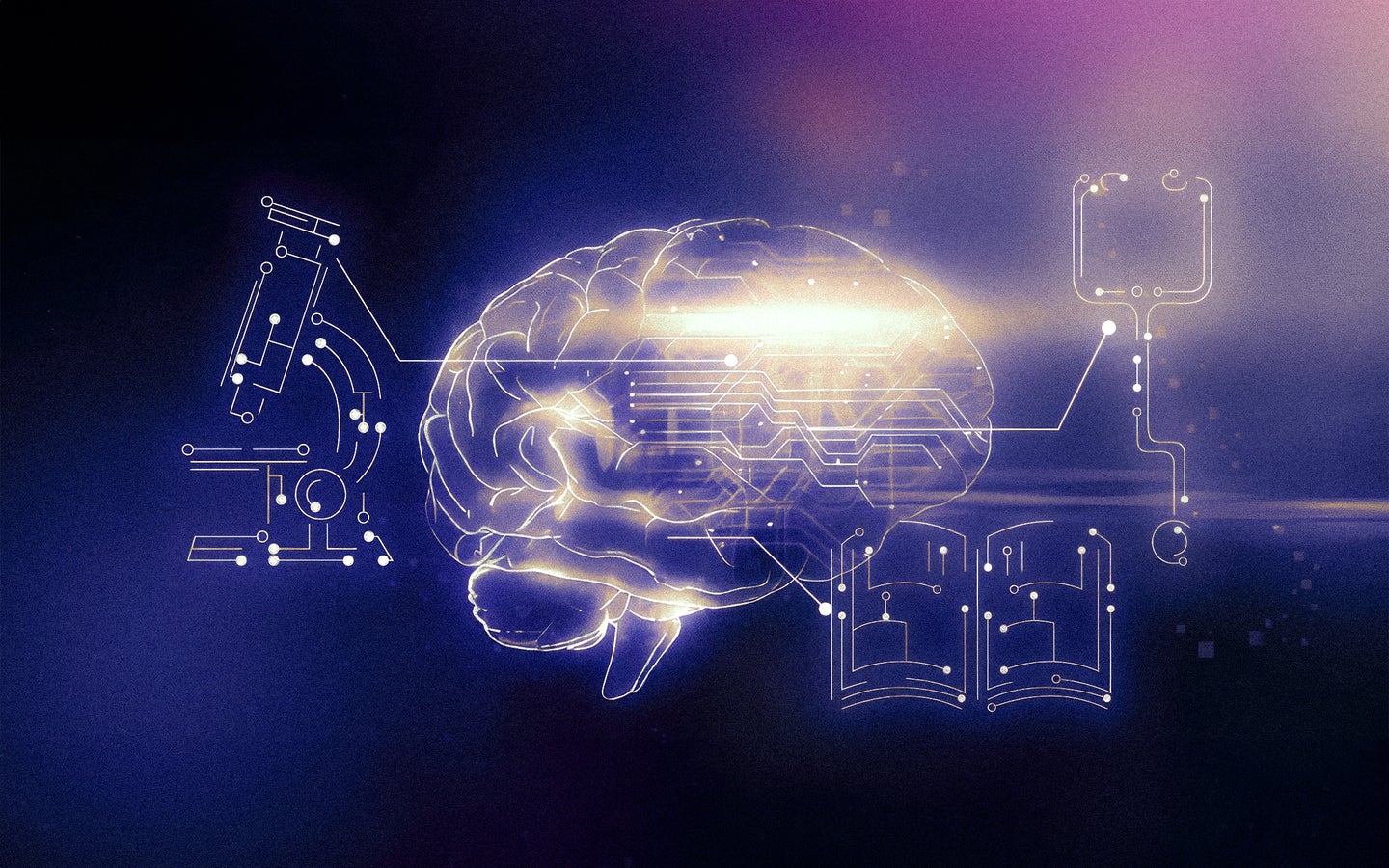We are experiencing an era where technology claims to improve the convenience, connectivity, and flexibility of our lives. It is difficult to envision life without innovations such as AI personal assistants and smartphones that provide worldwide access. However, while technology does drive advances and simplify our lives, it may also include hidden costs. Research increasingly indicates that excessive exposure to digital technologies may be having an unprecedented impact on our brains, as it could be decreasing our IQ and impairing cognitive functioning.
This blog investigates the impact of technology on the brain, the cost of residing in an age of boundless information, and if the advantages exceed the disadvantages.
How Does Technology Impact Our Brains
Given the convenience that technology brings, it is difficult to argue against it. However, what impact does the constant presence of digital devices such as screens have on the way we think, learn, and process information?
Brain Functions and Overload of Information
According to research, the amount of information people are exposed to on a daily basis is simply far too much to handle. A report from University of California, San Diego (UCSD) found that the average person consumes around 34 gigabytes of information a day which includes emails, social media, and other digital media. This endless bombardment puts constant strain on our working memory and impairs focus and long term storage of knowledge.
Neuroscientist and author Dr. Daniel Levitin states that, “Too much information results in decision fatigue.” In other words, our brains begin to fall behind and are unable to prioritize important information. As a result, it becomes harder to problem solve. This obstacle leads to failure to do deep thinking, forcing a person to revert to shallow patterns of engagement that skimming content instead of absorbing content.
Cognitive Offloading and Its “Google Effect”
Another factor is cognitive offloading, or the tendency to depend on other devices such as phones and computers rather than remembering and solving problems ourselves. Why remember a phone number or do a mental calculation when your smartphone can do it for you?
This specific phenomenon has been studied extensively — also referred to as the “Google Effect.” Researchers at Columbia University discovered that the internet has fundamentally altered how we interact with our memory. Rather than concentrating on retaining the information, we are now more preoccupied with remembering where the information is kept, which greatly diminishes our ability to store knowledge.
Reduced Focus
In research conducted by Microsoft, the amount of time an individual can focus on a given task has dropped from 12 seconds in 2000 to 8 seconds today. Interestingly, this means humans now have a shorter attention span than a goldfish! It is often blamed on the instant gratification of technology like social media or binge-watching shows on streaming services. Activities that demand consistent attention are suffering, and many of us lack the ability to focus on complex and meaningful activities.
Are We Getting Dumber?
In a report by Stanford researchers, the phenomenon of multitasking, as commonly practiced in the modern world, is detrimental to focus, while also diminishing attention to detail– weakening one’s cognitive faculties. Despite the benefits of technology and its efficiency, critical thinking suffers as a consequence. This paradox is why some experts warn against being overly dependent on aids intended to simplify tasks.
The Price of Information
Being able to stay connected all over the world allows individuals to have chased access to a treasure trove of resources. The downside is never being able to unplug from the information avalanching every second of every day.
Digital Pollution Linked to Mental Fatigue
Our emotions, as well as our brains, are in constant overload due to the digital realm. The amount of time spent using devices, receiving notifications, or being active online has negative impacts, and psychologists have crafted a term for it– digital pollution. This bombardment leads to chronic stress, anxiety, or depression. The failure to process so much information results in mental exhaustion, leaving one feeling disempowered rather than empowered.
Myths About Multitasking
For many, multitasking is a skill that technology facilitates. On the contrary, research indicates that it is actually detrimental. Neuroscientists have discovered that mental processes are less effective when multitasking. Every time a task is changed, brain energy is spent and “attention residue” is created that lowers performance.
Distractions such as smartphones that allow for multitasking do little to improve the results we achieve. Instead, they splinter attention, resulting in tasks being completed poorly or inadequately.
The Social Dilemma
As with any other form of communication technology, social media has its benefits and challenges. Many apps have been designed to grab our attention for as long as possible through notifications and infinite scrolling. Over time, our brains become accustomed to slow streams of poetry and are conditioned for the dopamine rush, making it difficult to sustain focus on more rewarding activities.
Neuroscientist Professor Susan Greenfield points out that these digital addictions have the potential to alter the trajectory on which our brain’s development follows, especially with children and young adults.
Should We Be Concerned?
Although the outlook provided is rather bleak, it does not give sufficient reason to demonize technology. Balance coupled with awareness still prove to be effective. Here are some recommended approaches to reduce the negative effects technology has:
1. Limit Multitasking: Shift to single-tasking for improved work productivity and focus.
2. Set Screen Time Boundaries: Utilize software or applications to restrict digital interactions outside of work.
3. Take breaks from technology: Designate periods for offline hobbies, reading tangible books, exercising, etc.
4. Mindful Usage: Remain calm and intentional with regarding screen time. Cutting excess notifications is one example.
5. Build Cognitive Grandparents: Combat cognitive offloading through physical and mental exercise such as puzzles, reading, and memory enhancing activities.
How we use technology needs to change
The positive influence of technology on daily life is indisputable, however, equal attention needs to be dedicated toward its impacts on how we think and process information. Being aware of the excess use of technology and finding balance in daily routines helps navigate the issues resulting from unrestrained use of technology.
It is recalled that technology serves as a resource, rather than replacing the focus on critical thought, interpersonal interactions, and other forms of human relationships. The greater contemporary problem, however, is to transcend that situation which compels us to manage the tools.



